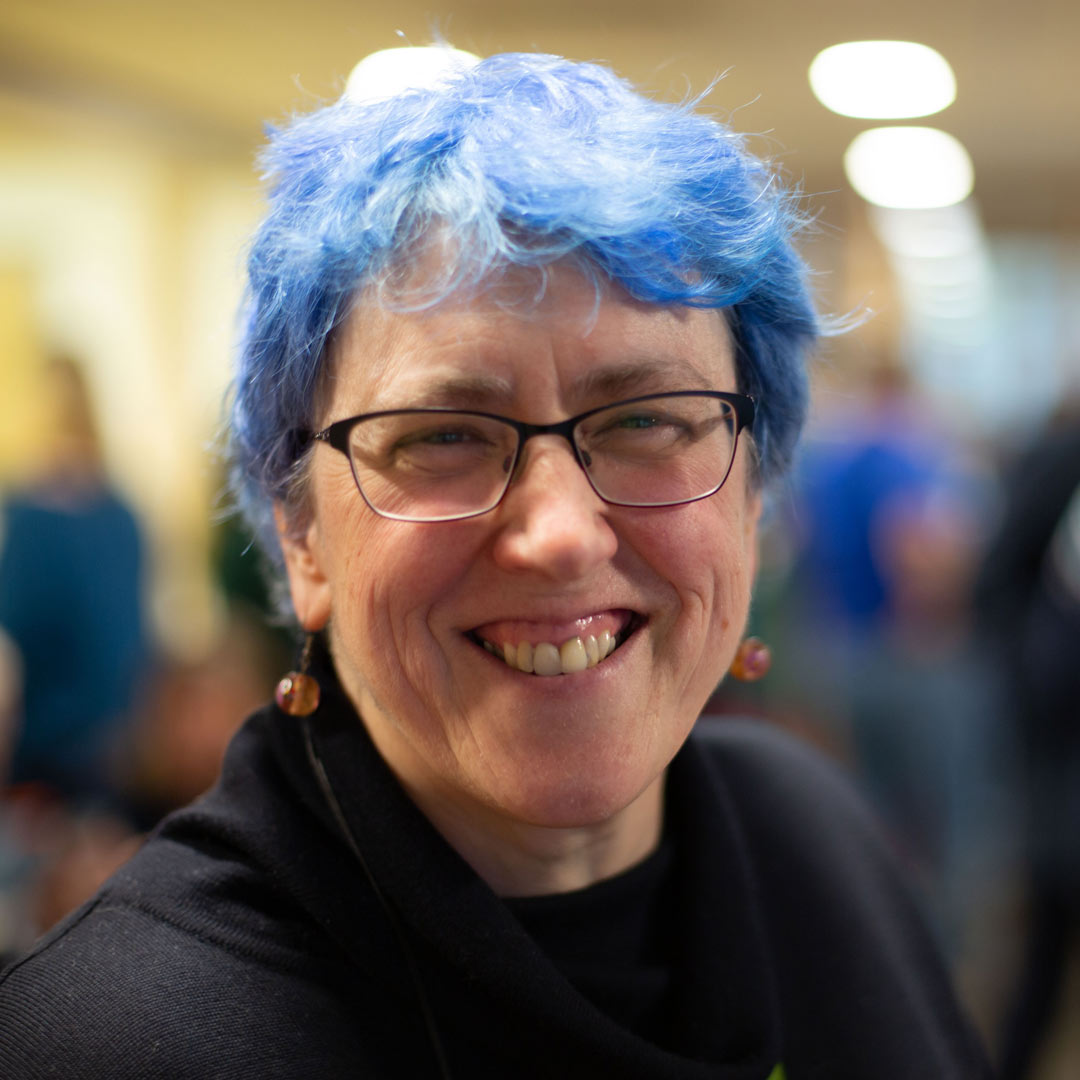Everywhere you look, grace lives
Everywhere you look, grace lives
Photo: A community market in Recife, Brazil, embodies the spirit of ‘church in the neighbourhood’ explored at the Inhabit conference in Seattle (Rosie and Stu Bayford, CMS mission partners)
Tina Hodgett travelled from Somerset to Seattle to be inspired by a very place-based conference with a focus on restoring neighbourhoods.

by Tina Hodgett
I was surprised when the lithe woman with striking hair coiled high on her head jumped up onto the dais. She’d been sitting upright near me telegraphing engagement, but somehow I hadn’t identified her as a potential speaker. Describing herself as an ‘uppity Negress’ she introduced herself as Majora Carter. As her talk unfolded she conveyed her passion for creating better communities for people, right where they are. She is a designer of restorative economic development projects, partnering with universities, foundations, city councils and companies.
We were in Seattle, Washington, for the Inhabit conference, the annual April gathering of the Parish Collective in the Pacific Northwest of the United States. The Parish Collective is a growing movement of churches compelled by the Holy Spirit to be the ‘church in the neighbourhood’. The focus of the church in the neighbourhood is primarily on the flourishing of the local community, on local churches coming together in partnership with other agencies to make this more of a practical reality. With ‘Christ-shaped’ as the first of their five values, the churches in this network are intent on pouring themselves out collectively into their local area with the aim of seeing kingdom life thrive there.
All the storytellers at the conference had this desire at heart. The participants seemed to represent every tribe and tongue, as well as diversity on a range of other axes. A lady originally from the Dominican Republic whom I met in our small group of ‘geographically close’ participants (covering towns and cities in California as well as Somerset UK) had been called to facilitate a ‘re-neighbouring’ of her area. Simply, she was enabling people to get to know those who lived around them, facilitating ways for lives to naturally intertwine and curating a culture of neighbourliness for the wellbeing of the whole community in the name of Christ.
It struck me that the conference was very much place-based. The geographical areas people hailed from were almost additional attendees. The songs sung were written by the worship band members. Some reflected the context of the keyboard player from San Diego, the city on the wall that divides the US from Mexico. These songs had lyrics in Spanish and English, and lamented the borders that separate human beings from one another and prayed for reconciliation. Another set of songs emerged from the earth of Oregon, from the guitar of a farmer, celebrating the beauty of the land and lamenting the ecological crisis and its causes. All were laced with messages of grace and hope: ‘Everywhere you look, grace lives’ is one refrain that kept turning in my mind once the conference was over.
By being so focused on place, the atmosphere of the conference felt very much also in the ‘now’. Unlike so many church environments which seem to foster a yearning for a time long past or a longing for an other-worldly future, this Spirit-filled space was open-eyed about the present: the injustices, divisions, tragedies, and monumental challenges in US society, the church and the world. But amazingly this realism had led to lament, and lament to remembering the God of past faithfulness, and remembering led to celebration and action, and stories of restorative action shared by many ordinary believers not very different from us led to hope and then to inspiration.
Majora Carter, who explains her vision in a TED talk you can watch, inspired me. What might it look like in our neighbourhoods if we opened ourselves up to a similar Spirit-inspired conviction and ambition?
More from the blog
Decolonisation of our minds: unearthing the truth
Pam Daniel is an assistant director of ordinands in Oxford Diocese and studying for an MA with a focus on African Christianity.
Living your faith in public
If you’ve been thinking of booking your place on the Faith in Public course then don’t wait any longer. Spaces are filling up.